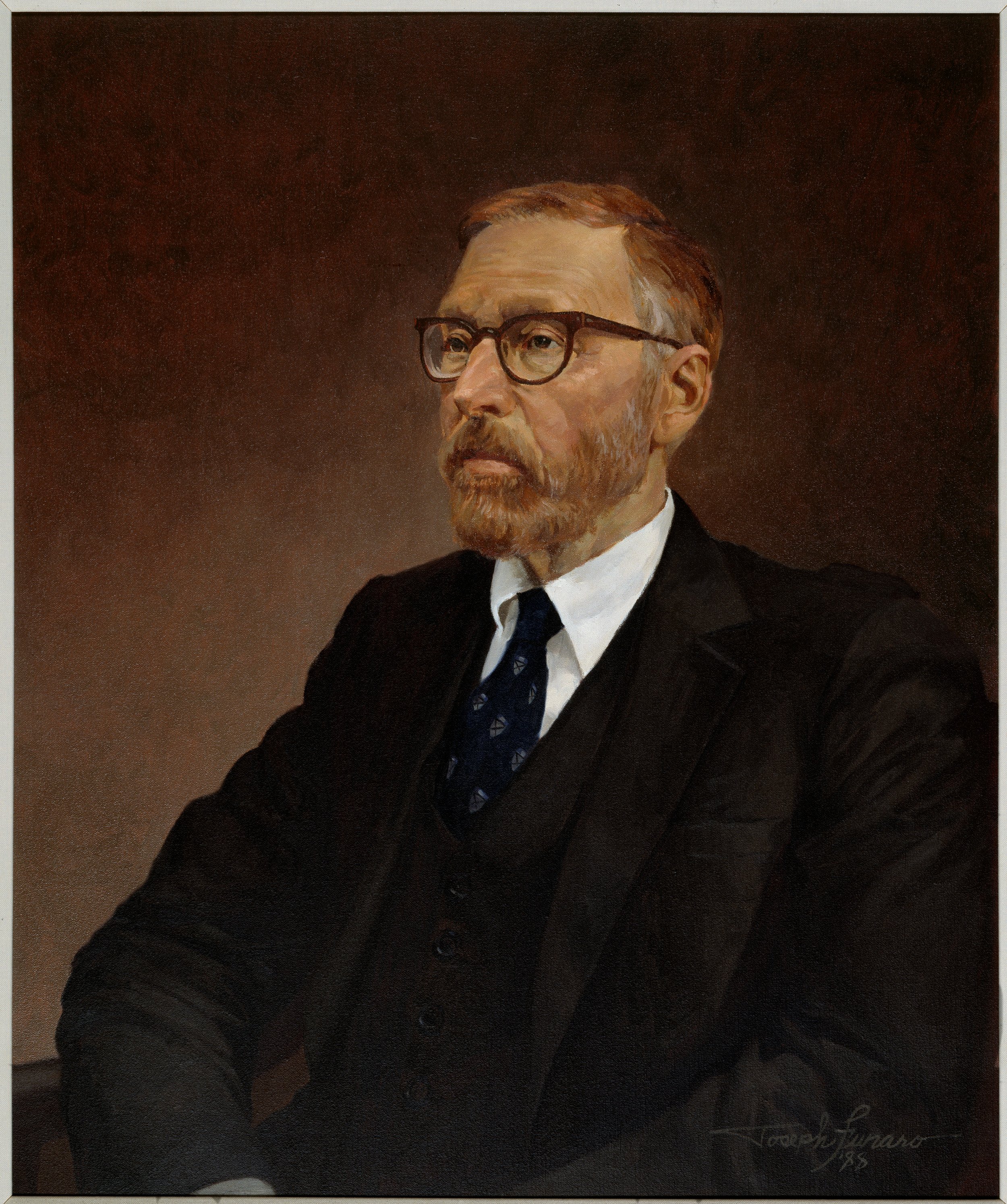Joseph W. Bishop, Sam Harris Professor of Law, 1957-85
Joseph W. Bishop
REFERENCES:
“Milestones,” Time Magazine, Jun. 3, 1985.
Fred R. Shapiro, “The Most-Cited Articles from The Yale Law Journal,” 100 Yale L. J. 1449 (1991).
Walter H. Waggoner, “Joseph W. Bishop, Jr., Law Professor and Author,” N.Y. Times, May 21, 1985, at B6.
Joseph Warren Bishop, Jr. (1915-85) came to the Law School in 1957, as part of Dean Rostow’s initiative to expand the faculty. Prior to joining the faculty, as General Counsel to the U.S. Army, he defended the Army from charges of communist infiltration during the McCarthy hearings of the early 1950s. He was decorated for exceptional civilian service by the Army in 1953 upon his departure for private practice.
Among his important contributions to corporate law scholarship was a groundbreaking article in 1968 on director liability, “Sitting Ducks and Decoy Ducks: New Trends in the Indemnification of Corporate Directors and Officers,” 77 Yale L. J. 1078 (1968). One of the most cited articles in the Journal’s history, it contended that director self-dealing is the touchstone of liability, famously observing that finding cases where directors had been held liable for “negligence uncomplicated by self-dealing [is] a search for a very small number of needles in a very large haystack.” “Sitting Ducks and Decoy Ducks,” at 1099.
In addition to his scholarly work, Bishop was a gifted essayist, contributing to such magazines as Commentary, Esquire, Harpers’ and The New Republic. A collection of his writings was published in 1971 as Obiter Dicta. A self-identified “New Deal Liberal” and “life-long Democrat,” in describing the subject of much of his commentary he stated that he was “interested in skinning pompous frauds, in recent years especially new left frauds.” He had a biting wit. For example, Senator McCarthy denounced Bishop for his refusal to turn over confidential loyalty-security information to the McCarthy committee, and he later remarked about that attack: “I am, oddly, the only member of the Yale Law School to have been so honored, and some of my colleagues feel the injustice very keenly.”
